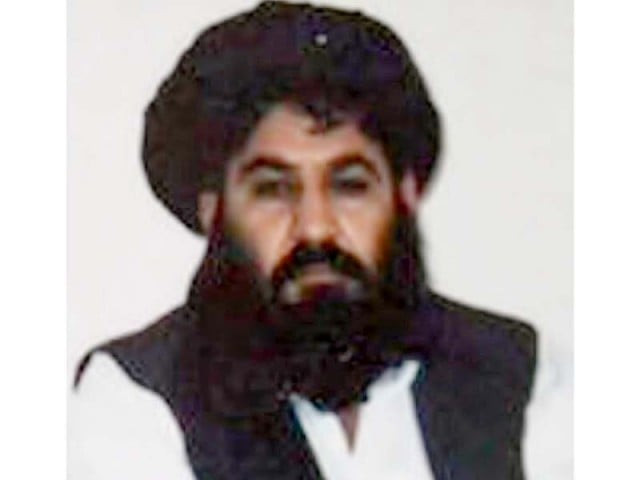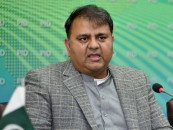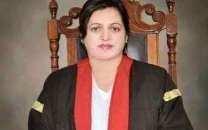Afghan conflict: Taliban say no talks till ‘foreign occupation’ ends
Rival faction demands new vote on group’s leadership

A file photo of Mullah Akhtar Mansoor.
If Afghanistan or Nato authorities were hoping for a swifter resolution to the conflict in Afghanistan after Mullah Akhtar Mansoor was elected as chief of the Afghan Taliban, those hopes were dashed on Tuesday when the militant commander ruled out talks till foreign troops leave the country.
In his first Eid message after being appointed as chief of the militant group, Mansoor said that there could not be any dialogue as long as Afghanistan remains “under occupation” adding that “foreign pressure” for negotiations will also fail, slighting fledgling peace talks.
Mullah Mansoor had been elected as the Afghan Taliban chief after the group officially confirmed the death of their leader Mullah Omar in late July. Omar had died in April 2013, according to the Taliban.
“The Islamic Emirate believes if the country is not under occupation, the problem of the Afghans can be resolved through intra-Afghan understanding. Any foreign pressure under the pretext of resolving the Afghan problem is not going to resolve the problem, but will instead create other problems,” Mansoor said, echoing a tone adopted by former leader Omar.
The comments came days after Pakistan had offered to host another round of the stalled peace talks. The first ever direct talks between representatives of the Afghan government and the Taliban in 14 years were hosted in Murree on July 7.
The second round was scheduled to be held on July 31; but was postponed by the Taliban after news of Omar’s death was leaked by the Afghan spy agency.
Afghan President Ashraf Ghani later called off the talks after Kabul and a few other Afghan cities were hit by a series of deadly attacks. Ghani had accused Pakistan of “fostering” the attacks, an assertion rejected by Islamabad.

Major players have stepped up diplomatic efforts in recent weeks to revive the fragile process. But, so far there have been no signs of an early resumption of dialogue.
But Mansoor did not completely rule out the possibility of talks.
“If the Kabul administration wants to end the war and establish peace in the country, it is possible through ending the occupation and revoking all military and security treaties with the invaders,” Mansoor said in reference to controversial security pacts Ghani had signed with US and NATO.
Those pacts legalized the longer stay of nearly 12,000 foreign troops.
“We consider the presence of invaders in Afghanistan against Afghanistan and the region, viewing it as a factor for war and prolonging the war because it is a decisive and open threat. So whoever wants stability and prosperity in Afghanistan, they should help the Afghans end the occupation,” the Taliban chief said.
However, Mansoor did not shut the political option, saying the group “carries out political and other activities and has already taken practical steps in this regard.”
“The political office (in Qatar) is the only exclusive office active for the past few years. We have given the office authority to contact and negotiate with different entities."
Rival faction’s message
The rift over Taliban leadership deepened when the rival Taliban faction released their own Eid message.
In its message, dissident commanders called for a new vote to decide on the group’s leadership. Their demand comes days after talks between the two rival groups collapsed. Taliban sources said Mansour's rivals, including battlefield commander Abdul Qayum Zakir, were behind the second statement. Mansoor, though, termed the factions as another foreign ploy. "The creation of different groups ... is the last conspiracy of the invaders for continuation of the American proxy war in Afghanistan," Mansoor said.
Published in The Express Tribune, September 23rd, 2015.



















COMMENTS
Comments are moderated and generally will be posted if they are on-topic and not abusive.
For more information, please see our Comments FAQ